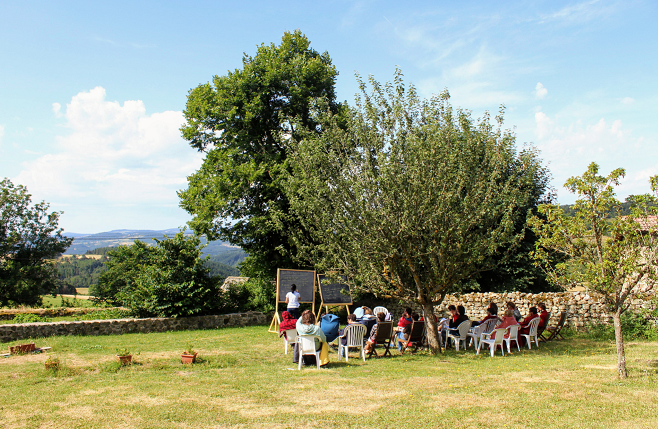
|
|
|
CoursesAsymptotic Symmetries in the Gauge Fixing Approach and the BMS Group
These lectures are an introduction to asymptotic symmetries in gauge theories, with a focus on general relativity in four dimensions. We explain how to impose consistent sets of boundary conditions in the gauge fixing approach and how to derive the asymptotic symmetry parameters. The different procedures to obtain the associated charges are presented. As an illustration of these general concepts, the examples of four-dimensional general relativity in asymptotically (locally) (A)dS4 and asymptotically flat spacetimes are covered. This enables us to discuss the different extensions of the Bondi-Metzner-Sachs-van der Burg (BMS) group and their relevance for holography, soft gravitons theorems, memory effects, and the black hole information paradox. Main reference: https://arxiv.org/abs/1910.08367
____________________________________________________________________________________
Lessons from quantum causal structure
Discussing causality in physics often turns on discussions on the structure of spacetime, because relativity imposes constraints on which events can possibly be causally related. But what about the study of what actually is causally related to each other? What does it mean in physics that two things stand to each other in a cause-effect relation, and what are the causal relata? Bell's theorem is often argued to imply a failure of Reichenbach's common cause principle. How then should one reason rigorously in causal terms about quantum systems and give causal explanations of quantum correlations? And can causal relations themselves be subject to quantum indefiniteness forcing us to give up intuitions about causal order? The field of quantum causal structure, which has grown considerably in recent decades, studies such and related questions. These lectures will look at a small selection of aspects from this field with a three-fold goal :
1) Share insights and lessons on (quantum) causal relations by discussing, in particular, classical causal models, a quantum generalization of Reichenbach's principle and a fully quantum causal model framework.
2) Sketch frameworks which also are useful tools in their own right, e.g. quantum theory as a process theory with its diagrammatical representation and the formalism of higher-order quantum maps.
3) Provide food for thought and spark discussion of the relation to some of the notoriously hard problems with understanding quantum theory, as well as, help finding clues to assess whether or not causal talk is just ``surviving, like the monarchy, only because it is erroneously supposed to do no harm" (Russell, 1913).
References:
____________________________________________________________________________________
Quantum Theory from First Principles
The original development of the quantum theory was tumultuous and a good mathematical description was only found after decades of ad-hoc explanations of physical phenomena. This is in contrast to the development of relativity where a strong grounding in physical principles led to a mathematical theory, even without much empirical evidence. In this course we will take a principled approach towards quantum theory, especially looking at advances made in the last 20 years concerning "reconstructions of quantum theory", that help to explain why the mathematical theory of quantum mechanics is in a sense inevitable.
____________________________________________________________________________________
History and Philosophy of Global Spacetime Structure in General Relativity
In this course, we will take a look at general relativity from a conceptual point of view. The aim is to introduce in a friendly way some of the key issues in classic and contemporary work on the possible structure of spacetime. The first session will cover the problem of distinguishing between local, global and quasi-local spacetime properties, the hierarchy of causal conditions, their role in proofs of singularity theorems, as well as early and contemporary interpretations of singular spacetimes. In the second meeting, we will talk about a notion of determinism (which, as I will argue, turns out to be quite uniquely nuanced in GR) and various versions of the cosmic censorship hypothesis; basic information about Cauchy, characteristic, and initial boundary value problems will be given. In the third session, we will discuss more philosophical topics: (i) closed timelike curves and time machines, (ii) a related issue of relativistic hypercomputation, and (iii) results suggesting that we face fundamental epistemic limitations when it comes to our knowledge of spacetime structure. Finally, we will talk about recent advances in understanding the causal structure of evaporating black holes, and (if time permits) some topics in black hole thermodynamics.
____________________________________________________________________________________
The information loss paradox
TBA.
|
| Online user: 12 | Privacy |

|

